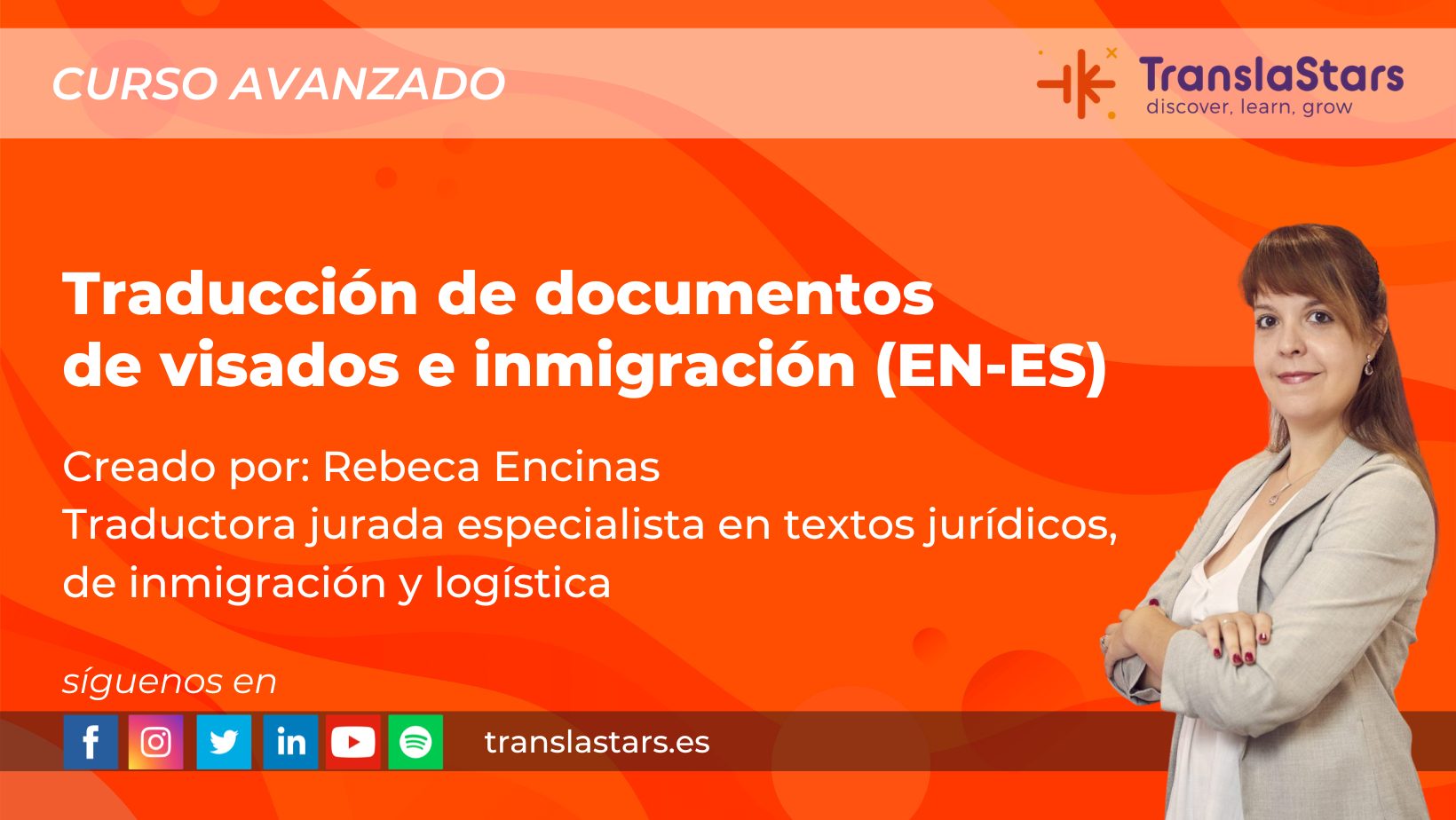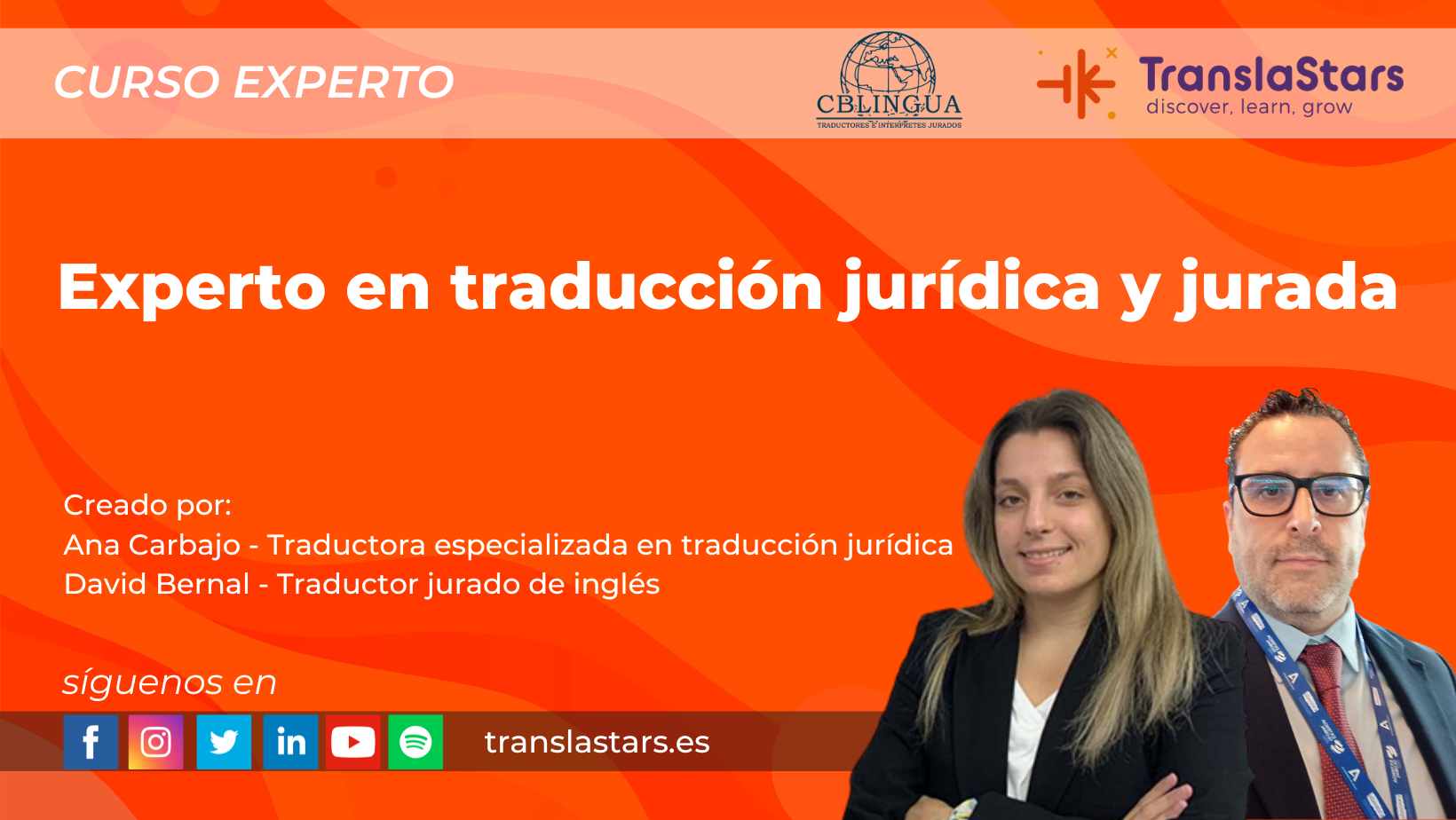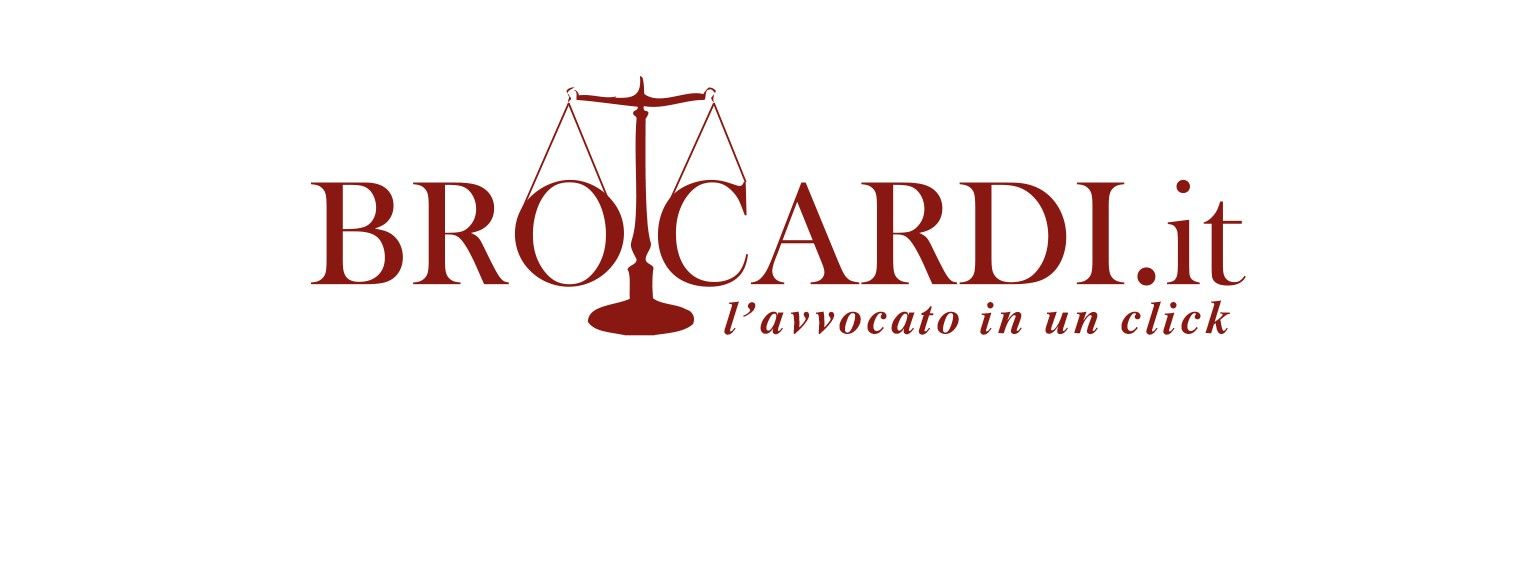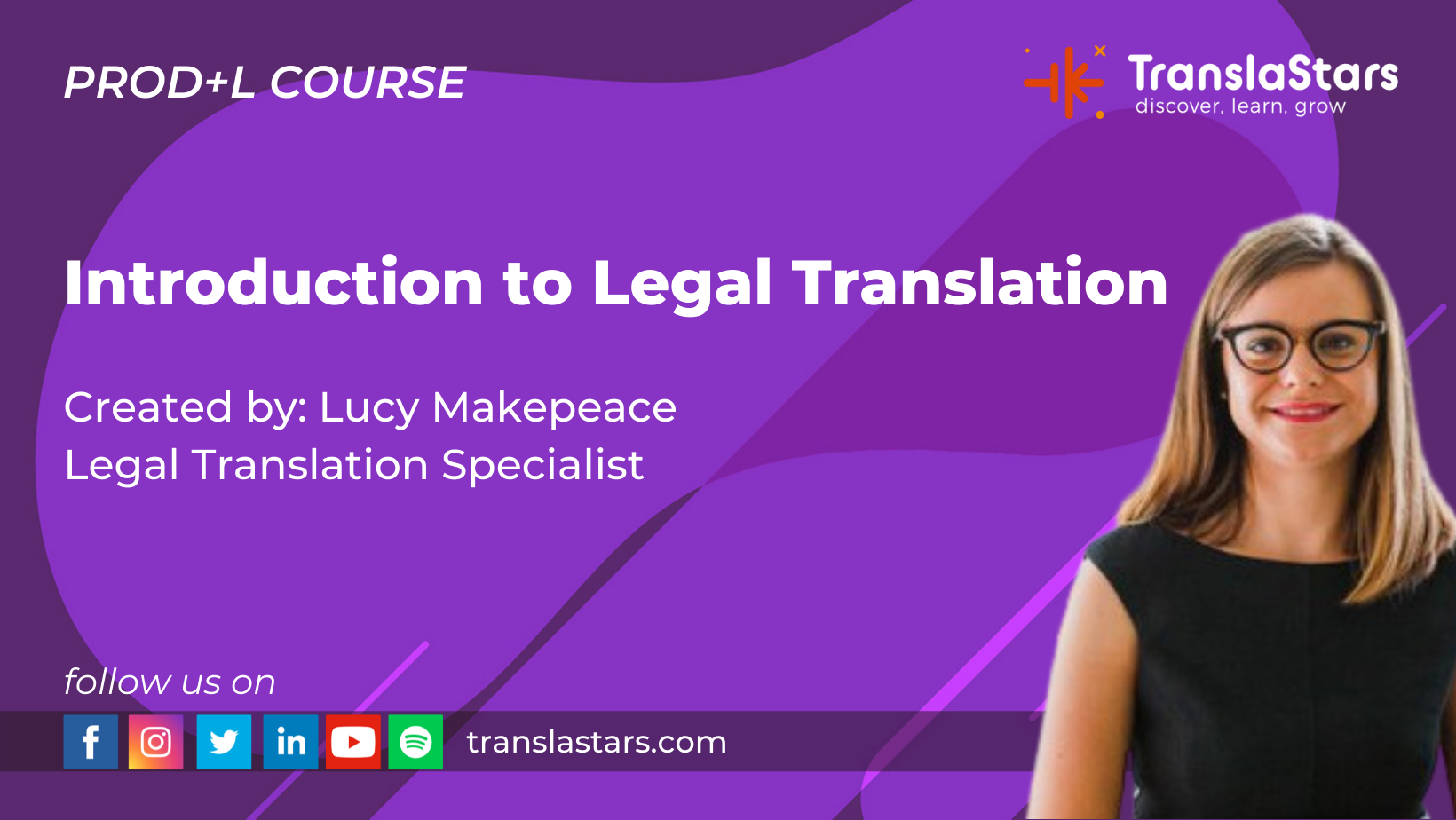Whether you’re an aspiring translator or a seasoned professional, staying ahead in the legal translation field requires continuous learning, access to reliable resources, and strong professional connections. Fortunately, the internet offers many tools to help you refine your skills, deepen your knowledge of legal terminology, and expand your career opportunities.
In this article, we explore the 10 best online resources designed to boost your career in legal translation. These platforms will equip you with the expertise and connections needed to thrive in the industry, from specialized training programs and certification courses to professional networks and terminology databases.
Whether you’re looking to improve your legal vocabulary, gain practical experience, or stay updated on industry trends, these resources will serve as valuable assets on your professional journey.
In this article, we explore the 10 best online resources designed to boost your career in legal translation. These platforms will equip you with the expertise and connections needed to thrive in the industry, from specialized training programs and certification courses to professional networks and terminology databases.
Whether you’re looking to improve your legal vocabulary, gain practical experience, or stay updated on industry trends, these resources will serve as valuable assets on your professional journey.
1. IATE
IATE is the acronym for Interactive Terminology for Europe and it is the official multilingual term database used by the European Union institutions. It provides access to a vast collection of legal and technical terms across multiple languages, making it an essential tool for legal translators working with EU-related documents.
Pros:
Free and publicly accessible
Covers a wide range of legal and technical terminology
Provides term definitions, sources, and usage contexts
Cons:
Some terms may lack detailed explanations or context
Focuses primarily on EU-related terminology, which may not cover all legal systems
Pros:
Free and publicly accessible
Covers a wide range of legal and technical terminology
Provides term definitions, sources, and usage contexts
Cons:
Some terms may lack detailed explanations or context
Focuses primarily on EU-related terminology, which may not cover all legal systems


2. EUR-Lex
EUR-Lex is the official portal for accessing European Union law, providing free access to treaties, legislation, case law, and other legal documents in all official EU languages. This resource is invaluable for legal translators working with EU legal texts, as it allows them to find authoritative references and ensure accuracy in their translations.
Pros:
Free and comprehensive access to EU legislation and case law
Available in multiple languages
An official and reliable source for legal terminology
Cons:
Complex interface that may be challenging for beginners
Primarily focuses on EU law, which may not be relevant for all legal systems
Pros:
Free and comprehensive access to EU legislation and case law
Available in multiple languages
An official and reliable source for legal terminology
Cons:
Complex interface that may be challenging for beginners
Primarily focuses on EU law, which may not be relevant for all legal systems


3. TechDico
TechDico is a multilingual terminology database that specializes in technical and legal terms across various industries. It combines results from multiple sources, including specialized dictionaries and official documents, making it a useful tool for legal translators who need precise and context-specific terminology.
Pros:
Covers both legal and technical terminology across multiple fields
Provides translations in several languages
Free and easy to use
Cons:
Some terms may lack detailed context or authoritative sources
Not exclusively focused on legal terminology, so results may vary in relevance
Pros:
Covers both legal and technical terminology across multiple fields
Provides translations in several languages
Free and easy to use
Cons:
Some terms may lack detailed context or authoritative sources
Not exclusively focused on legal terminology, so results may vary in relevance

4. Brocardi
Brocardi.it is an Italian legal resource that provides access to laws, codes, and legal principles, along with explanations and case law references. It is particularly useful for legal translators working with Italian legal texts, as it offers clear definitions and interpretations of legal concepts.
Pros:
Comprehensive source for Italian law and legal principles
Includes explanations and references to case law
Useful for understanding the context of legal terminology
Cons:
Available only in Italian, limiting accessibility for non-Italian speakers
Focuses solely on Italian law, making it less useful for translators working with other legal systems
Pros:
Comprehensive source for Italian law and legal principles
Includes explanations and references to case law
Useful for understanding the context of legal terminology
Cons:
Available only in Italian, limiting accessibility for non-Italian speakers
Focuses solely on Italian law, making it less useful for translators working with other legal systems


5. Termium Plus
TERMIUM Plus® is the official terminology and linguistic database of the Government of Canada, offering multilingual terms in legal, technical, and administrative fields. It is an essential tool for translators working with Canadian legal documents, as it provides authoritative terminology in English, French, Spanish, and Portuguese.
Pros:
Reliable and government-backed terminology database
Covers legal, technical, and administrative fields
Multilingual (English, French, Spanish, and Portuguese)
Cons:
Primarily focused on Canadian legal terminology, which may not apply to other legal systems
Some terms may lack extensive definitions or contextual examples
Pros:
Reliable and government-backed terminology database
Covers legal, technical, and administrative fields
Multilingual (English, French, Spanish, and Portuguese)
Cons:
Primarily focused on Canadian legal terminology, which may not apply to other legal systems
Some terms may lack extensive definitions or contextual examples

6. Law.com Legal Dictionary
The Law.com Legal Dictionary is an online resource that provides definitions of legal terms commonly used in U.S. law. It is particularly useful for legal translators who need clear and concise explanations of legal concepts in English, helping them understand and accurately translate legal texts.
Pros:
Free and easy to use
Provides clear definitions of legal terms
Focuses on U.S. legal terminology
Cons:
Only available in English
May not be relevant for other legal systems
Lack of multilingual translation options
Pros:
Free and easy to use
Provides clear definitions of legal terms
Focuses on U.S. legal terminology
Cons:
Only available in English
May not be relevant for other legal systems
Lack of multilingual translation options


7. FindLaw
FindLaw is a comprehensive online legal resource that provides access to U.S. laws, case law, legal news, and articles on various legal topics. It is particularly useful for legal translators working with U.S. legal texts, as it offers insights into legal concepts, terminology, and practical applications.
Pros:
Extensive database of U.S. laws and case laws
Provides legal articles and explanations for better context
Free and user-friendly
Cons:
Focuses exclusively on U.S. law, limiting its relevance for other legal systems
Lacks multilingual support for non-English speakers
Some legal articles are written for a general audience rather than legal professionals
Pros:
Extensive database of U.S. laws and case laws
Provides legal articles and explanations for better context
Free and user-friendly
Cons:
Focuses exclusively on U.S. law, limiting its relevance for other legal systems
Lacks multilingual support for non-English speakers
Some legal articles are written for a general audience rather than legal professionals

8. Justia
Justia is a valuable legal resource that provides free access to U.S. laws, case law, regulations, and legal articles. It is widely used by legal professionals, including translators, to research legal terminology and concepts in the context of American law. The platform also offers legal blogs and insights on various topics.
Pros:
Free access to a vast collection of legal materials
Includes case law, codes, and legal articles for context
Regularly updated with legal news and insights
Cons:
Focuses solely on U.S. law, limiting the usefulness for other jurisdictions
Only available in English
Some content is more general and not tailored specifically for legal translators
Pros:
Free access to a vast collection of legal materials
Includes case law, codes, and legal articles for context
Regularly updated with legal news and insights
Cons:
Focuses solely on U.S. law, limiting the usefulness for other jurisdictions
Only available in English
Some content is more general and not tailored specifically for legal translators
9. UNTERM
UNTERM is the United Nations’ official terminology database, providing access to multilingual legal and technical terms used in UN documents and communications. It is an invaluable resource for legal translators working with international law, UN-related texts, and diplomatic materials, offering authoritative and standardized terminology in multiple languages.
Pros:
Multilingual database with access to official UN terminology
Covers legal, technical, and diplomatic terms
Reliable source for international law and UN-related translations
Cons:
Primarily focused on UN and international law, limiting relevance for national legal systems
Some terms may be highly specialized, making them less useful for general legal translations
Pros:
Multilingual database with access to official UN terminology
Covers legal, technical, and diplomatic terms
Reliable source for international law and UN-related translations
Cons:
Primarily focused on UN and international law, limiting relevance for national legal systems
Some terms may be highly specialized, making them less useful for general legal translations

10. Merriam-Webster’s Legal Dictionary
The Merriam-Webster’s Legal Dictionary is a widely recognized online resource that provides clear and concise definitions for legal terms used in the U.S. legal system. It is an essential tool for legal translators, offering accessible explanations of complex legal concepts and vocabulary in English.
Pros:
Easy-to-understand definitions for U.S. legal terms
A trusted and widely respected sourceFree and accessible online
Cons:
Focuses solely on U.S. law, limiting its relevance for other legal systems
Only available in English, which may be limiting for non-English speakers
May not provide in-depth context or usage examples for every term
Pros:
Easy-to-understand definitions for U.S. legal terms
A trusted and widely respected sourceFree and accessible online
Cons:
Focuses solely on U.S. law, limiting its relevance for other legal systems
Only available in English, which may be limiting for non-English speakers
May not provide in-depth context or usage examples for every term

Conclusion
In the ever-evolving field of legal translation, having access to the right resources is key to staying ahead of the curve. The platforms highlighted in this article offer valuable tools for improving your legal terminology, understanding complex concepts, and ensuring the accuracy of your translations.
Whether you're working with international law, EU regulations, or U.S. legal texts, these online resources will help you refine your skills, expand your knowledge, and build a strong foundation for a successful career in legal translation.
By integrating these tools into your daily practice, you’ll be better equipped to navigate the complexities of legal language and make meaningful contributions to the field.
Whether you're working with international law, EU regulations, or U.S. legal texts, these online resources will help you refine your skills, expand your knowledge, and build a strong foundation for a successful career in legal translation.
By integrating these tools into your daily practice, you’ll be better equipped to navigate the complexities of legal language and make meaningful contributions to the field.
A huge thanks to our experts, who provided us with their invaluable tips to create this blogpost: Chiara Bizzi, Alessia Mosca, and Rebeca Encinas Manchado.
And if you want a quick resume of this blog post, then go check one of our latest carousels about the topic.
Hisparos
Do you need a sworn translation of any document?
Then, Hisparos has you covered as they offer sworn/legal translations in multiple language combinations.
And if you use the code "translastars" to get a 5% discount in your translation request.
Then, Hisparos has you covered as they offer sworn/legal translations in multiple language combinations.
And if you use the code "translastars" to get a 5% discount in your translation request.
If you liked this article, read also:





